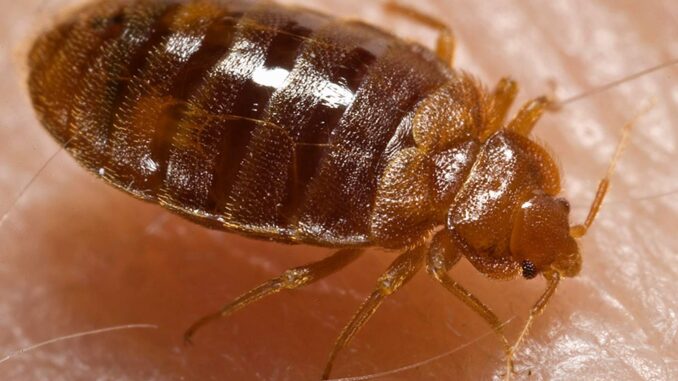
Do Bed Bugs Cause Health Issues in Zimbabwe? A Comprehensive Look
Have you got a bed bug problem? At Pest Portal Zimbabwe, we offer affordable, reliable and professional bed bug solutions for residential, commercial and industrial clients.
Bed bugs, Cimex lectularius, are cosmopolitan pests, meaning they’re found worldwide, including Zimbabwe. While their presence is undeniably unpleasant, causing itchy bites and significant disruption to sleep, the question of their direct impact on public health in Zimbabwe, and globally, is complex and warrants a detailed examination. The answer isn’t a simple yes or no.
The Bites: The Most Obvious Health Concern
The most immediate and visible health effect of bed bug infestations is the allergic reaction to their bites. Bed bugs feed on human blood, injecting saliva containing anticoagulants and other substances. These substances can cause a range of reactions, from mild itching and redness to significant swelling, blistering, and secondary skin infections due to scratching. In Zimbabwe, where access to healthcare may be limited in some areas, these secondary infections are a serious concern. Impetigo, cellulitis, and other bacterial infections can develop, requiring medical attention and potentially impacting overall health, especially in children and individuals with compromised immune systems.
Beyond the Bites: The Psychological Impact
The psychological toll of a bed bug infestation shouldn’t be underestimated, particularly in Zimbabwe’s context. The constant itching, disrupted sleep, and anxiety surrounding the infestation can lead to:
Stress and Anxiety: The persistent discomfort and the struggle to eradicate the infestation can cause significant stress and anxiety, potentially exacerbating pre-existing mental health conditions.
Insomnia and Fatigue: The disruption to sleep caused by bed bug bites and the constant awareness of their presence can lead to chronic insomnia, resulting in daytime fatigue and impacting productivity and overall well-being.
Depression: In severe cases, the frustration and despair associated with a persistent infestation can contribute to feelings of hopelessness and depression.
Indirect Health Impacts: A Broader Perspective
While bed bugs don’t directly transmit diseases like malaria or typhoid, their indirect impact on health shouldn’t be ignored, especially in a developing country like Zimbabwe:
Exacerbation of Pre-existing Conditions: For individuals with skin conditions like eczema or psoriasis, bed bug bites can exacerbate these conditions, leading to more severe symptoms and requiring increased medical attention. Similarly, those with allergies are at greater risk of a more severe allergic reaction.
Strain on Healthcare Resources: Widespread bed bug infestations can place a strain on already limited healthcare resources in Zimbabwe. Treatment of secondary skin infections and management of the psychological consequences requires healthcare professionals’ time and resources.
Economic Burden: The cost of treating bed bug bites, managing secondary infections, and controlling infestations can place a significant financial burden on individuals and families, particularly those living in poverty. This financial strain can further impact overall health and well-being.
Specific Challenges in Zimbabwe:
Several factors specific to Zimbabwe’s context exacerbate the health implications of bed bug infestations:
Overcrowding: Overcrowded living conditions, common in urban areas and informal settlements, provide ideal breeding grounds for bed bugs, increasing the risk of infestation and exposure.
Limited Access to Healthcare: Access to quality healthcare, particularly in rural areas, can be limited, potentially delaying or hindering the treatment of secondary skin infections resulting from bed bug bites.
Poverty: Poverty often limits the resources available for effective bed bug control, leading to prolonged infestations and increased health risks.
Climate: Zimbabwe’s warm and humid climate creates favourable conditions for bed bug reproduction and survival, contributing to their prevalence.
Conclusion:
While bed bugs don’t directly transmit diseases, their presence in Zimbabwe poses significant health risks. The allergic reactions to their bites, the potential for secondary skin infections, and the considerable psychological impact are all serious concerns. Furthermore, the indirect consequences, including exacerbation of pre-existing conditions, strain on healthcare resources, and economic burden, significantly impact public health, particularly among vulnerable populations. Addressing bed bug infestations requires a multi-pronged approach, involving improved sanitation, affordable pest control measures, public health education, and increased access to healthcare. Further research is needed to fully understand the extent of the health consequences of bed bug infestations in Zimbabwe and to develop effective strategies for prevention and control.
